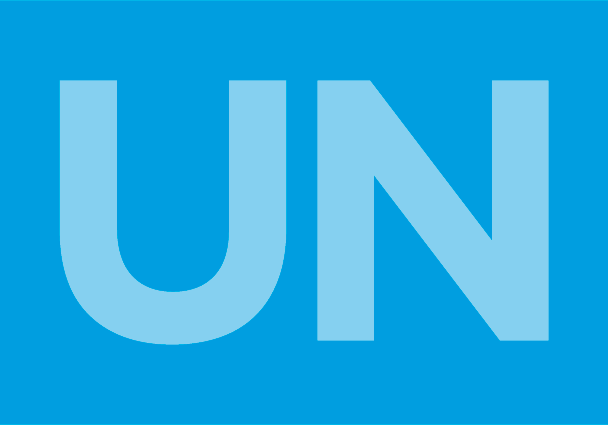The ICJ today said that the integrity of the UN human rights framework had been seriously impugned by this year’s session of the UN Commission on Human Rights (CHR).
While it delivered some important advances with respect to the ICJ’s priority areas of torture, enforced disappearances, impunity and economic, social and cultural rights, flagrant abusers of human rights simply evaded any critical scrutiny. The ICJ was especially disappointed at the CHR’s failure to monitor respect for human rights law in the global fight against terrorism. States, including the United States, cynically obstructed the resolution fearing adverse criticism over counter-terrorism measures.
The CHR was established to act as a forum in which States hold each other accountable for their human rights record. But this has now largely given way to rehearsed and empty presentations by States. The losers in all of this are the victims of human rights abuses and the credibility of the UN system.
In a shameful display of expediency, the CHR abrogated its duty by failing to address serious human rights abuses in Zimbabwe, China or Chechnya. The mandates of fact finders (Special Rapporteurs) to Equatorial Guinea and Iran were also terminated- notwithstanding persistent human rights violations in those countries. When the CHR finally did show leadership in authorising a visit to the Occupied Palestinian Territories by the UN High Commissioner for Human Rights, Ms Mary Robinson, Israel declined to co-operate.
Restrictions on speaking times, especially of the Special Rapporteurs greatly diminished both the quality and integrity of debate. They also excluded valuable first hand reports of abuses by non-governmental organisations.
On the positive side, the CHR adopted the Draft Optional Protocol to the Convention against Torture after 10 years of fraught deliberations. It now faces a difficult passage through the General Assembly and, if successful, will create a dual system of international and national inspection mechanisms to places of detention to prevent torture and inhuman treatment. Other encouraging developments included a green light to consideration of a treaty to prevent and punish enforced disappearances and another establishing an individual compliant mechanism for the violation of economic and social rights. The appointment of a Special Rapporteur on the right to health was also a positive development.
While the ICJ welcomes new human rights standards, it is incumbent on the CHR to monitor the implementation of those already adopted. This session States spoke volubly about the need to curb terrorism- and correctly so. Such efforts, however, require a society based on the rule of law in which all human rights are respected. The ICJ strongly encourages the CHR to move beyond rhetoric and play its substantive role in this process.





